Bio CNG offers us two distinct benefits. On the one hand, it's a useful method for getting rid of wet waste and turning it into electricity. Conversely, it provides a fantastic substitute for fuel that has a higher calorific value and a lower carbon impact.
As part of its pledge to concentrate on government-funded waste-to-energy projects, Springbok Energy has partnered with the Vidarbha Maharashtra to establish a bio-cNG plant in Akola, Maharashtra.
Bio CNG offers a productive means of generating cash from waste, specifically in the fuel domain!
One of the most efficient ways to handle Springbok Energy's wet waste in both urban and rural settings is through the use of bio-cNG. Its proprietary method is used in its production, and bio manure, a byproduct, finds extensive uses in agriculture.
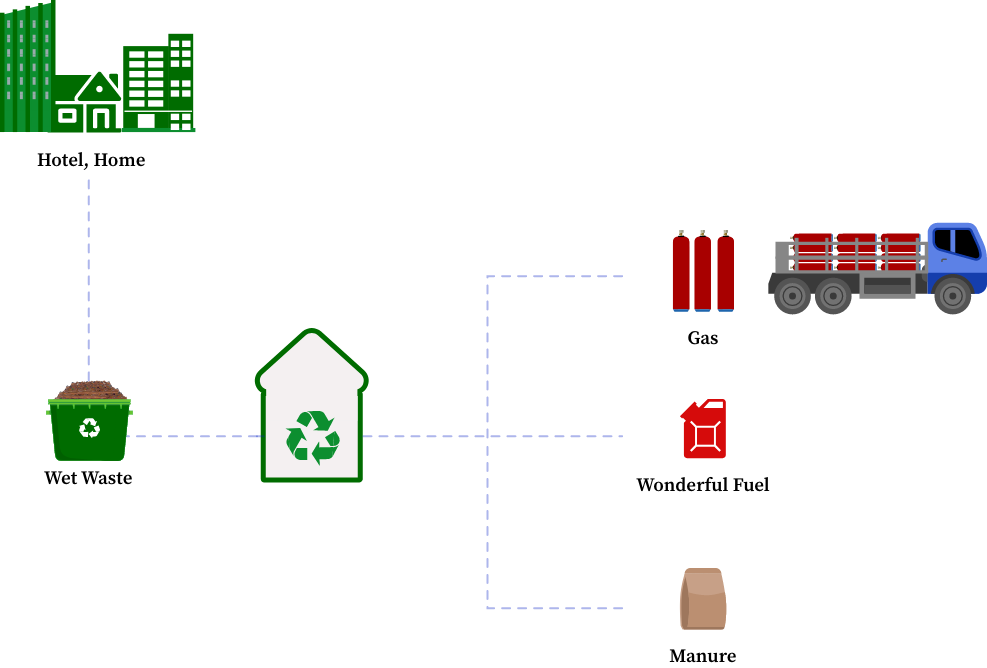
 Bio CNG is a more purified form of biogas as it contains about 92 to 98% methane and 2-3% carbon dioxide compared to the normal biogas that has about 55 to 65% methane and 35-45% carbon dioxide. The result of the increased methane content is its energy efficiency - Bio CNG produces 52000 Kilojoules/Kg which is markedly better than biogas that produces about 19500 Kilojoules/Kg
Bio CNG is a more purified form of biogas as it contains about 92 to 98% methane and 2-3% carbon dioxide compared to the normal biogas that has about 55 to 65% methane and 35-45% carbon dioxide. The result of the increased methane content is its energy efficiency - Bio CNG produces 52000 Kilojoules/Kg which is markedly better than biogas that produces about 19500 Kilojoules/Kg
 The high calorific value of Bio CNG would mean that it can be used for power generation and as an environment-friendly fuel. It also doesn’t leave any residues as it is completely used up unlike LPG.
The high calorific value of Bio CNG would mean that it can be used for power generation and as an environment-friendly fuel. It also doesn’t leave any residues as it is completely used up unlike LPG.
 The calorific value of Bio CNG is slightly higher than LPG, making it an ideal candidate for commercial cooking, replacing LPG cylinders.
The calorific value of Bio CNG is slightly higher than LPG, making it an ideal candidate for commercial cooking, replacing LPG cylinders.
In collaboration with a farmer business associate, Springbok Energy plans to build a 100 metric tonne facility in Murtijapur, Akola, Maharashtra. Every day, it will generate roughly 15,000 metric tonnes of biomanure and 4,000 kg of bio-CNG. One of the most famous projects in Maharashtra's Vidarbha Region will be this one.
It is a zero-waste technology that is essential to the entire waste management cycle, working in tandem with composting units.
A lot of neighbourhood eateries, the city, and small farmers' agricultural waste are already working with Springbok Energy to supply Bio CNG.To generate clean energy and promote a more environmentally friendly society,
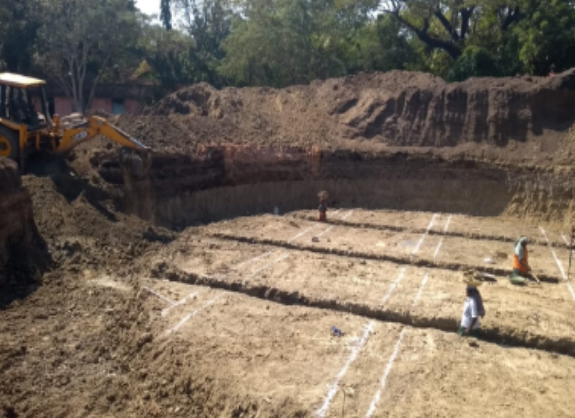
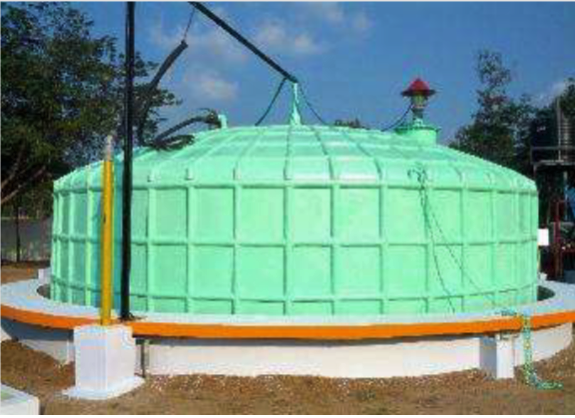
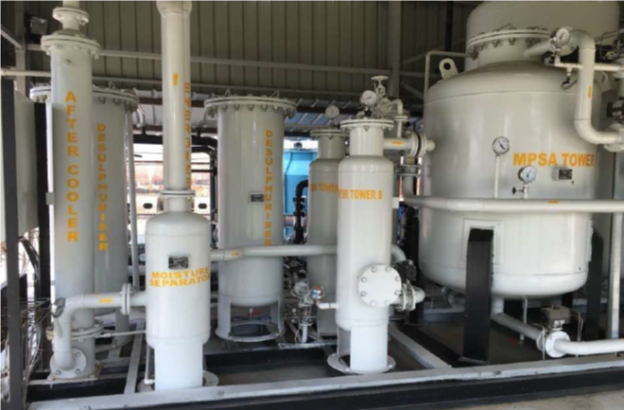
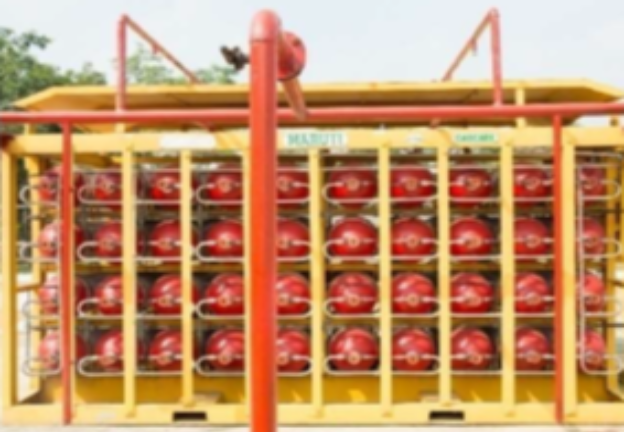

 MSW wet wastes are collected and fed into Bio CNG plants
MSW wet wastes are collected and fed into Bio CNG plants
 There are a series of processes and machinery operations like feeding conveyors, digesters, storage, balloons, compressors, cascade cylinders and appropriate vehicles.
There are a series of processes and machinery operations like feeding conveyors, digesters, storage, balloons, compressors, cascade cylinders and appropriate vehicles.
 The process produces Bio CNG and manure
The process produces Bio CNG and manure